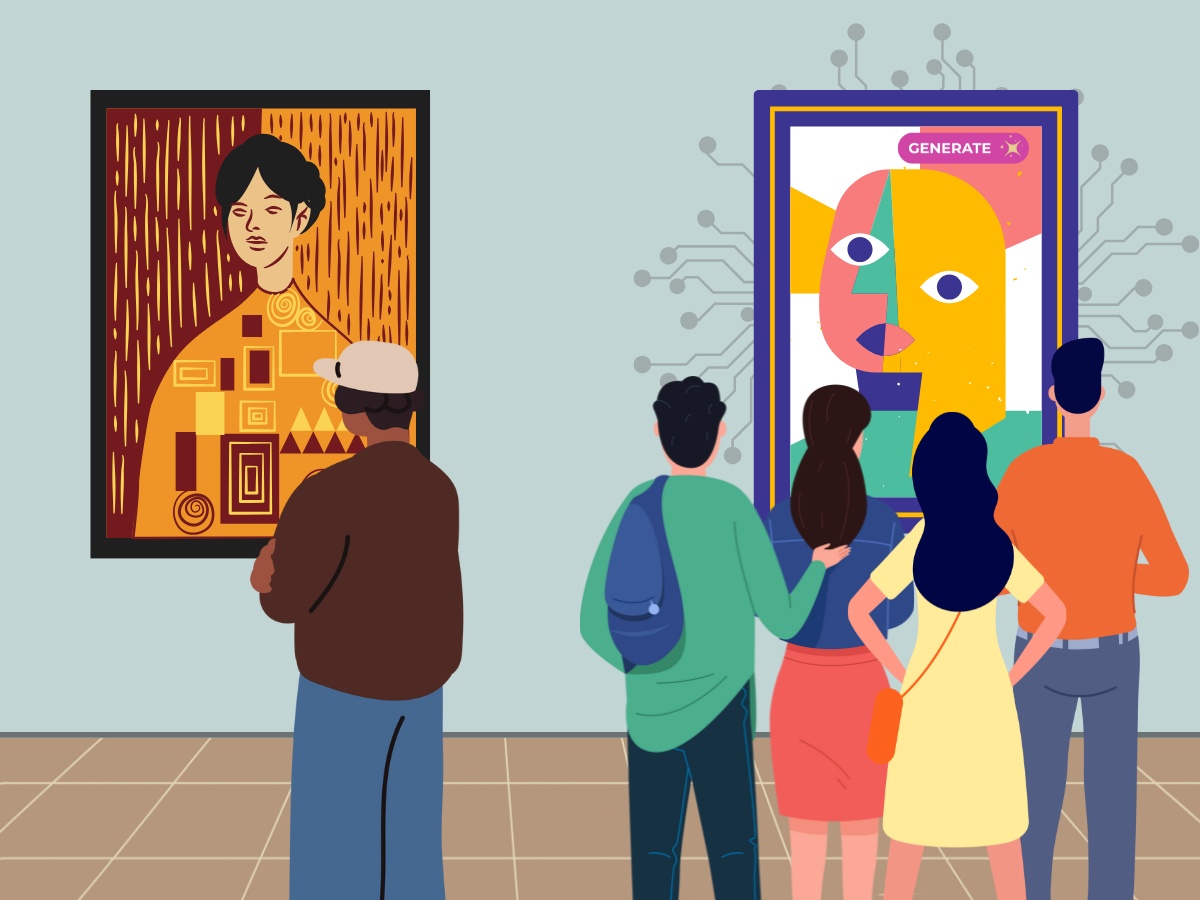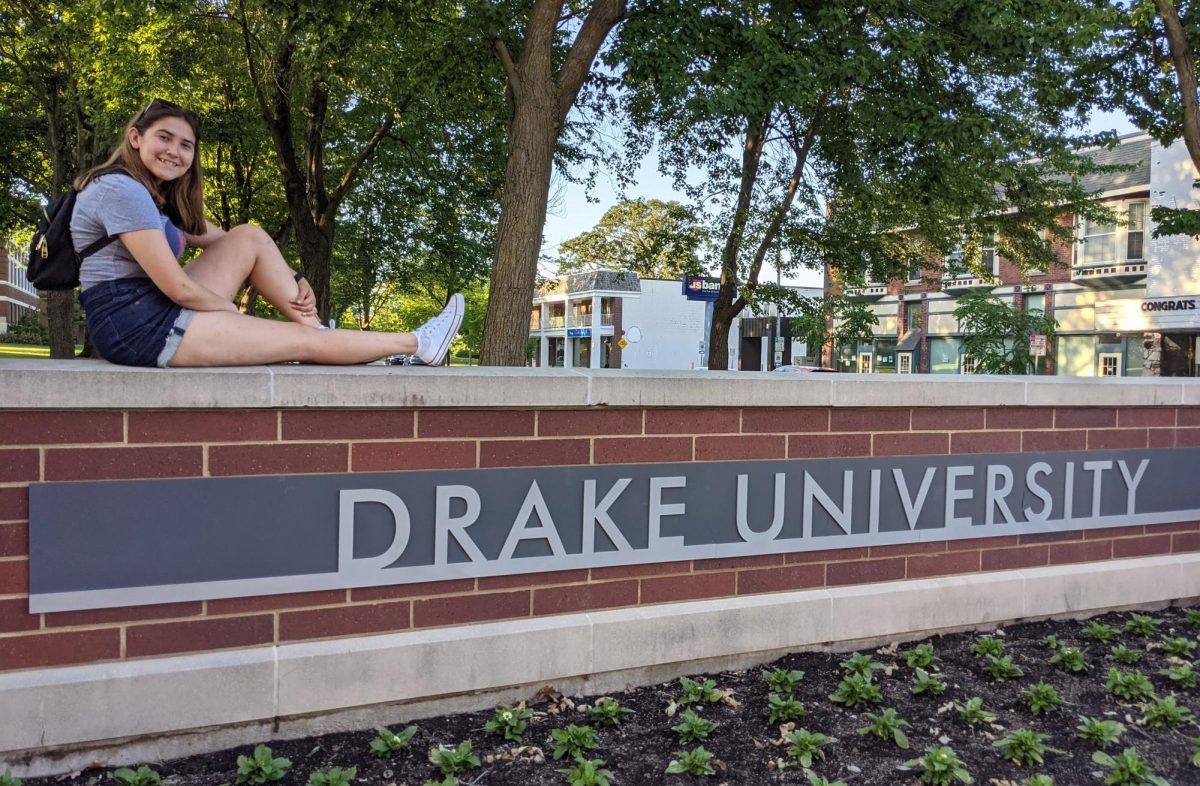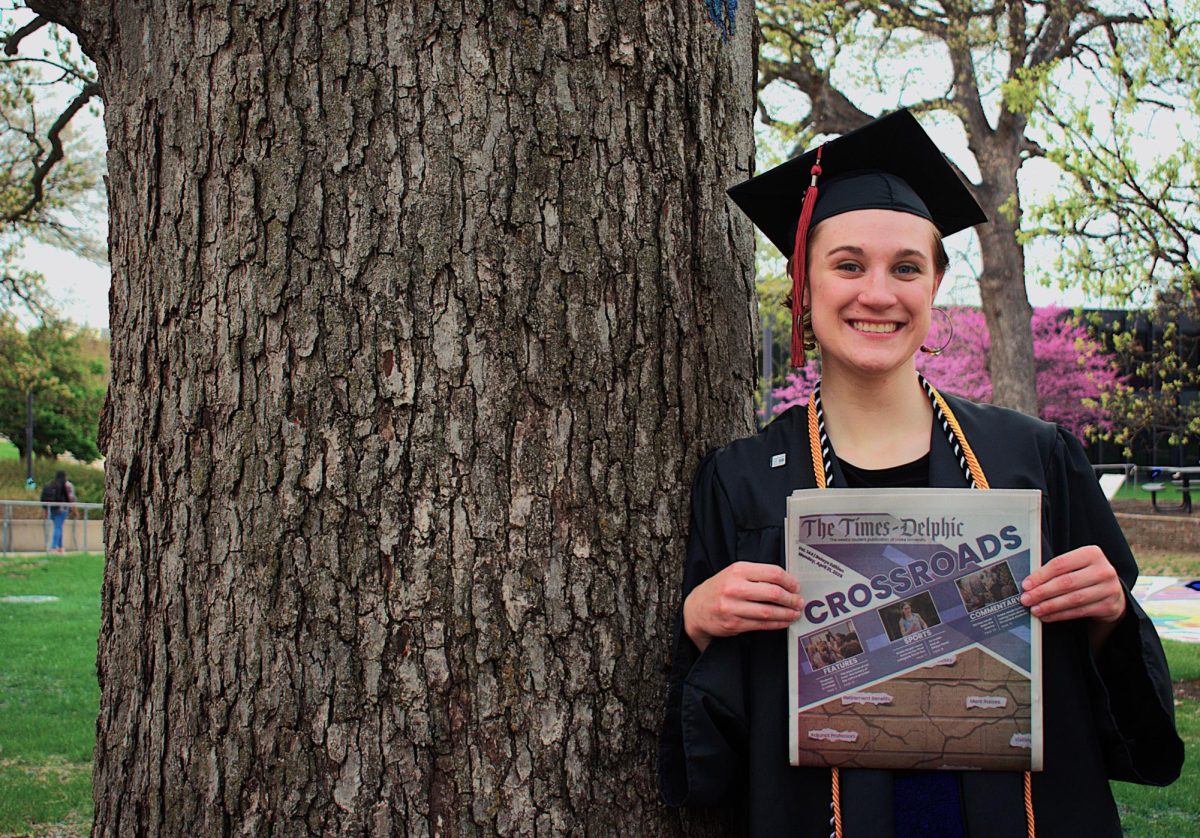“If an associate principal at our high school can break a law and get away with it, what kind of example does this set for us?”
I was 16 years old when I spoke these words, standing behind the podium during the public comments section of a crowded board of education meeting. I was nervous, almost shaking, as I leaned into the microphone and began to speak.
The week before, as student journalists were taking photos of a protest happening at my high school, an associate principal at the school had confiscated the journalists’ cameras and told them to stop covering the protest and go back to class. Now, at the board of education meeting, I had three minutes to convince the board that student journalists had been unjustly censored and that we were not going to back down.
I had no way of knowing the impact those three minutes would have on my life.
The ACLU contacted me after my speech, and soon I joined two other students in an ACLU lawsuit against my school district for violations of the First Amendment and Kansas Student Publications Act. My mom, who recognized that I wasn’t a regular kid and this wouldn’t be a regular senior year of high school, supported me completely and spent more time on the lawsuit than most parents spend watching their kids’ soccer games.
Nearly a year later, we settled the lawsuit. The school district had to apologize to us, hold First Amendment training for district administrators and revise its rules to include protections for student journalists. And, more importantly, we brought the Kansas Student Publications Act to court for the first time since its passage and proved that the law has teeth.
It was the end of the lawsuit, but only the beginning of my story. At only 16 years old, I had witnessed the kind of censorship faced by journalists everywhere. I knew then that I wanted to follow in the footsteps of journalists before me and spend my life defending the First Amendment.
Now, at 20, I’m a junior at Drake studying journalism and law. I’m the managing editor of the Times-Delphic and have an internship in a newsroom. And I can say without a doubt that student journalism and the censorship I experienced while doing it is the reason I’m here today.
Student Press Freedom Day, held this year on Feb. 24 with the theme “Unmute Yourself,” was created to raise awareness of the challenges student journalists face and help protect their First Amendment rights. And the challenges run deep.
Any given day as a journalist, you might get hung up on as soon as you introduce yourself over the phone. You may be cussed out by someone angry about something you’ve written. You might interview victims of a crime whose heartbreaking story makes you want to go home, curl in a ball and cry. You could be assaulted, or worse. (Throwback to my first semester at college, where an intro to journalism textbook included a whole section about the number of journalists killed on the job each year).
At this point, you may rightly think, “That sounds horrible, why do you stay in this field?” The answer: I love it. It’s exhausting and discouraging and sometimes sad, but I love it. None of us would be doing this if it weren’t for the passion.
So, on Student Press Freedom Day, consider the challenges faced by student journalists every day. Go pick up a student newspaper and read some of their hard work. And most importantly: go hug a student journalist. We probably need it.







